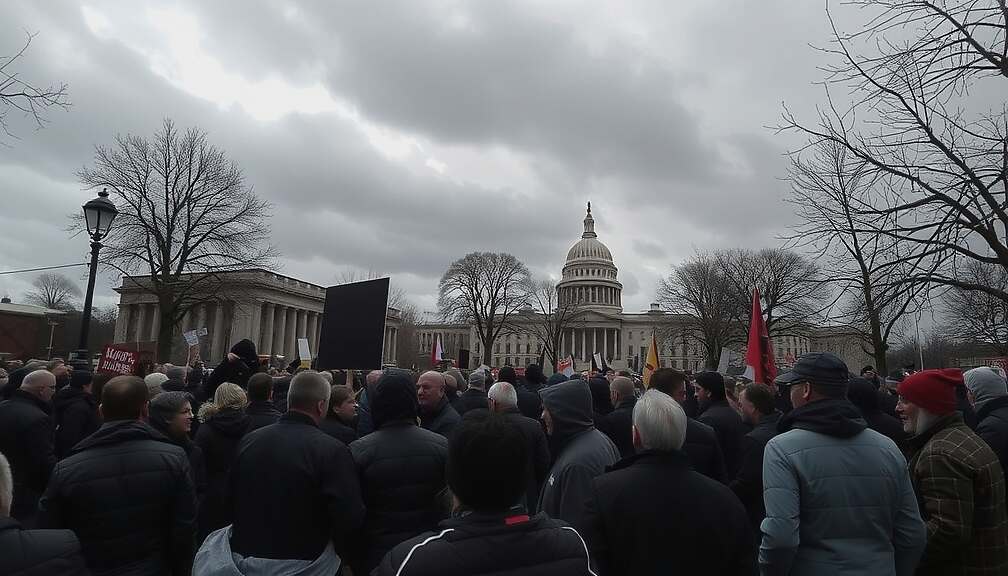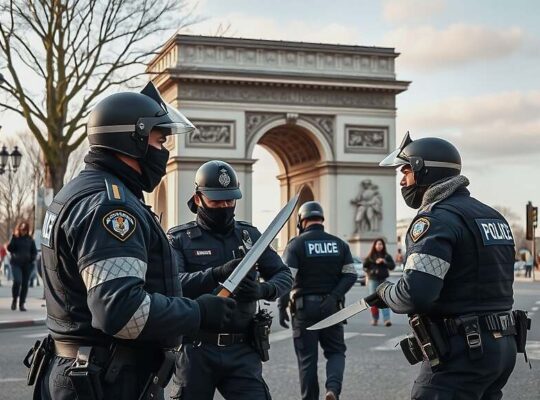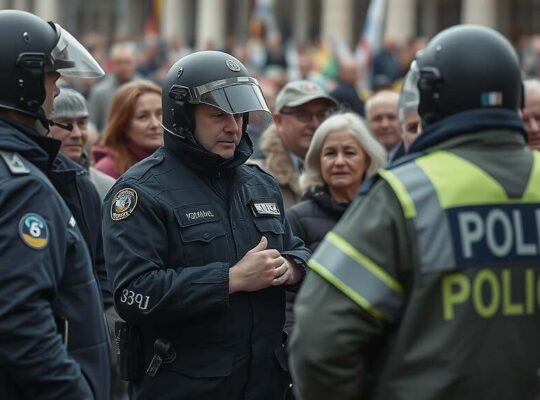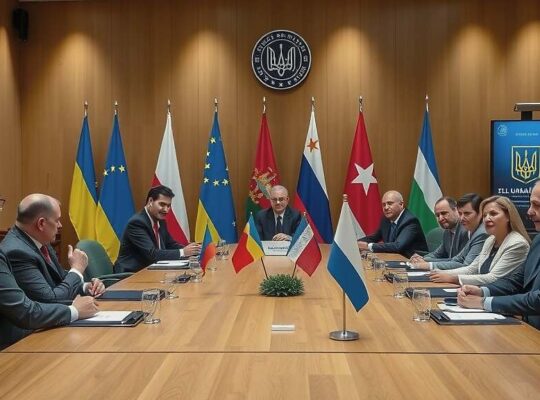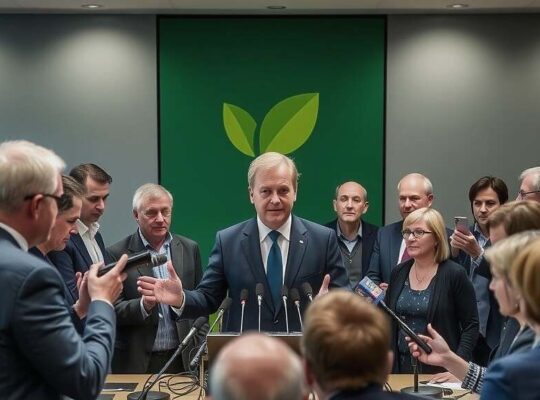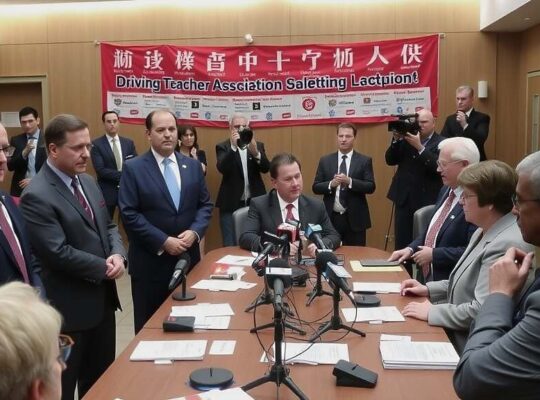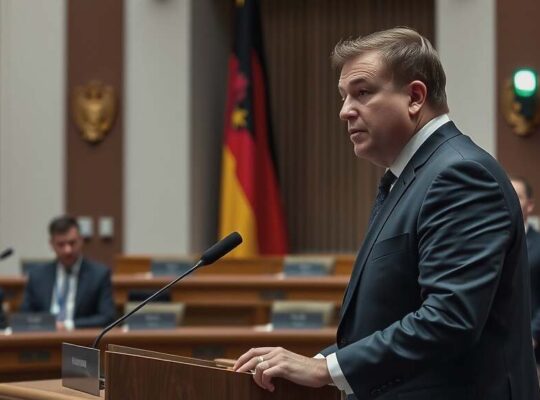The potential meeting between former U.S. President Donald Trump and Russian President Vladimir Putin in Budapest is sparking escalating tensions and drawing fierce criticism within Europe, with calls for stringent consequences for Hungary should it fail to uphold its international legal obligations.
Roderich Kiesewetter, a prominent foreign policy voice within the German CDU, has issued a stark warning, asserting that failing to arrest Putin, who is subject to an international arrest warrant issued by the International Criminal Court (ICC), would constitute a “maximal breach” of EU security interests, core values and the established rules-based international order. Kiesewetter specifically advocated for “massive sanctions against Hungary” including potential suspension from the European Union, should Budapest refuse to detain the Russian leader.
Hungary recently formalized its withdrawal from the ICC, although a twelve-month obligation for cooperation remains in effect. The planned meeting, poised to discuss a potential ceasefire in Ukraine, has been met with consternation across the European Parliament. Moritz Körner, a liberal MEP, derisively labelled the anticipated gathering a meeting of “three EU-haters” implicitly referencing Trump and Hungary’s Prime Minister Viktor Orbán alongside Putin. He criticized the continued tolerance afforded to Orbán, suggesting it has allowed him to pursue policies detrimental to the EU’s interests.
Daniel Freund, a Green MEP, further amplified the condemnation, accusing Orbán of hypocrisy, portraying himself as a peacemaker while simultaneously obstructing sanctions against Russia and vital support for Ukraine. Freund highlighted Hungary’s ongoing purchases of Russian gas and oil, arguing that these actions directly enable Putin’s ability to prolong the conflict.
The planned meeting, according to Kiesewetter, represents a direct contradiction of Europe’s fundamental interests and must be proactively prevented. He leveled criticism at Trump, suggesting a disregard for both the international order and the EU, coupled with a lack of concern for Ukraine’s security. Kiesewetter warned that Trump’s pursuit of a peace deal appears driven by a desire for a rapid resolution, potentially amounting to a European capitulation and fueling the expansion of the war. The situation underscores a growing schism within Europe regarding its approach to Russia and the increasingly complex relationship with both the United States and Hungary.


